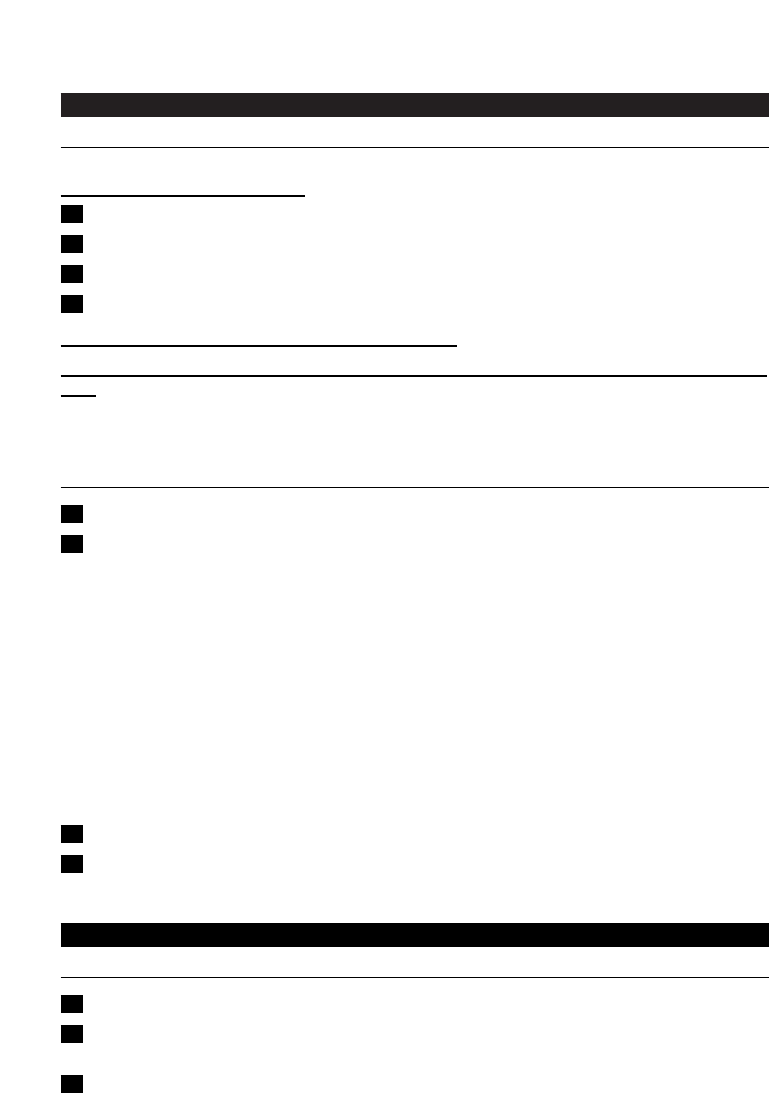
Preparing for use
Filling the water tank
Never immerse the iron in water.
1 Make sure the appliance is unplugged.
2 Set the steam control to position O (= no steam) (fig. 2).
3 Tilt the iron backwards.
4 Fill the water tank with tap water up to the maximum level (fig. 3).
Do not fill the water tank beyond the MAX indication.
Do not put perfume, vinegar, starch, descaling agents, ironing aids or other chemicals in the water
tank.
◗ If the tap water in your area is very hard, we advise you to mix it with an equal amount of
distilled water or to use distilled water only.
Setting the temperature
1 Put the iron on its heel.
2 Set the required ironing temperature by turning the temperature dial to the appropriate
position (fig. 4).
Check the laundry care label for the required ironing temperature:
1 Synthetic fabrics (e.g. acrylic, viscose, polyamide, polyester)
1 Silk
2 Wool
3 Cotton, linen
If you do not know what kind or kinds of fabric an article is made of, determine the right ironing
temperature by ironing a part that will not be visible when you wear or use the article.
Silk, woollen and synthetic materials; iron the reverse side of the fabric to prevent shiny patches.
Avoid using the spray function to prevent stains.
Start ironing the articles that require the lowest ironing temperature, such as those made of
synthetic fibres.
3 Put the mains plug in an earthed wall socket.
4 When the temperature light has gone out, wait a while before you start ironing (fig. 5).
The temperature light will go on from time to time during ironing.
Using the appliance
Steam ironing
1 Make sure that there is enough water in the water tank.
2 Select the recommended ironing temperature (see chapter 'Preparing for use', section
'Setting the temperature').
3 After the temperature light has gone out, set the steam control to the appropriate steam
position. Make sure that the steam setting you select is suitable for the ironing temperature
selected: (fig. 6).
ENGLISH 7


















